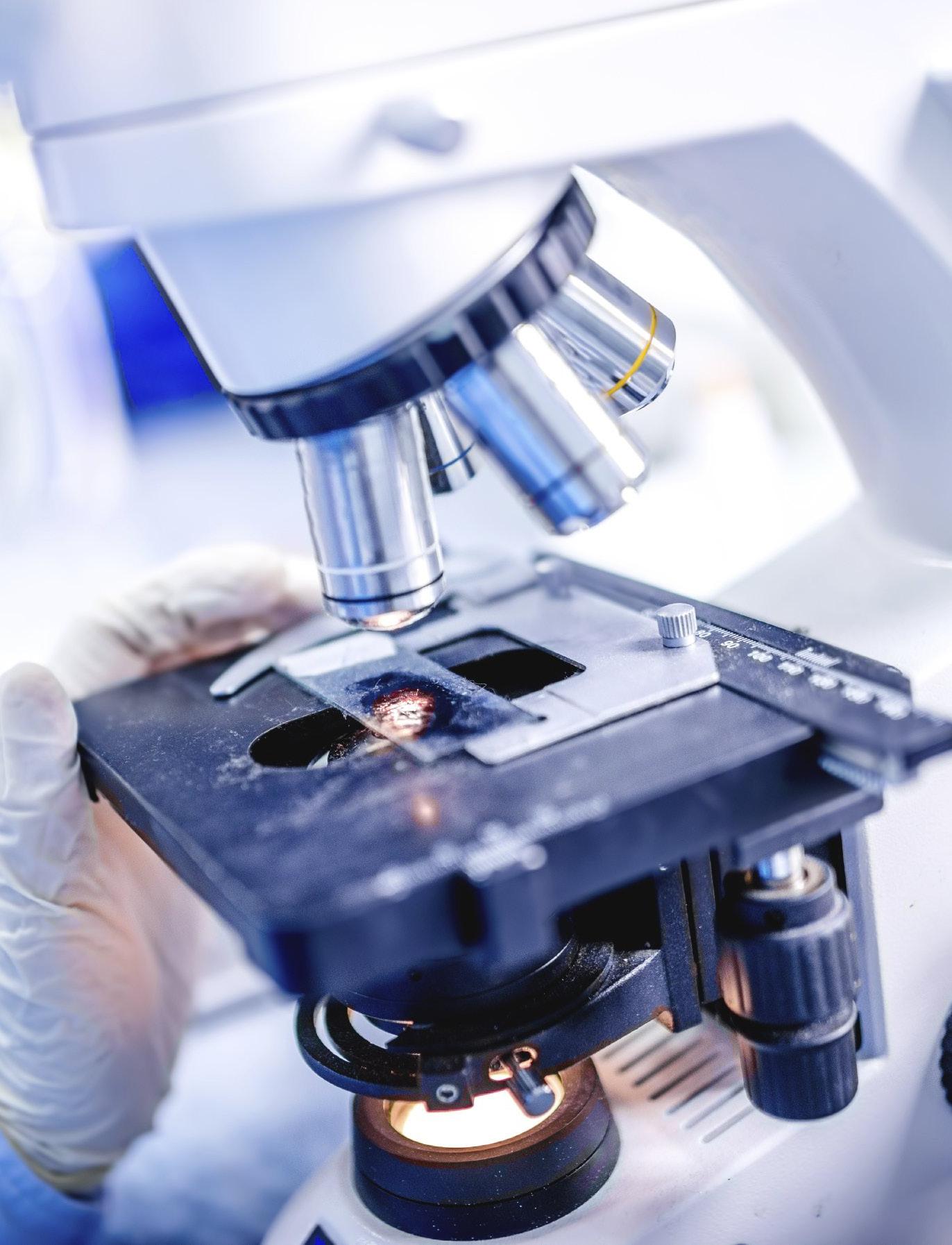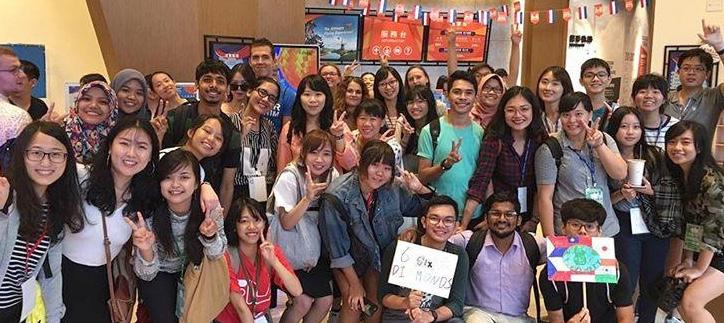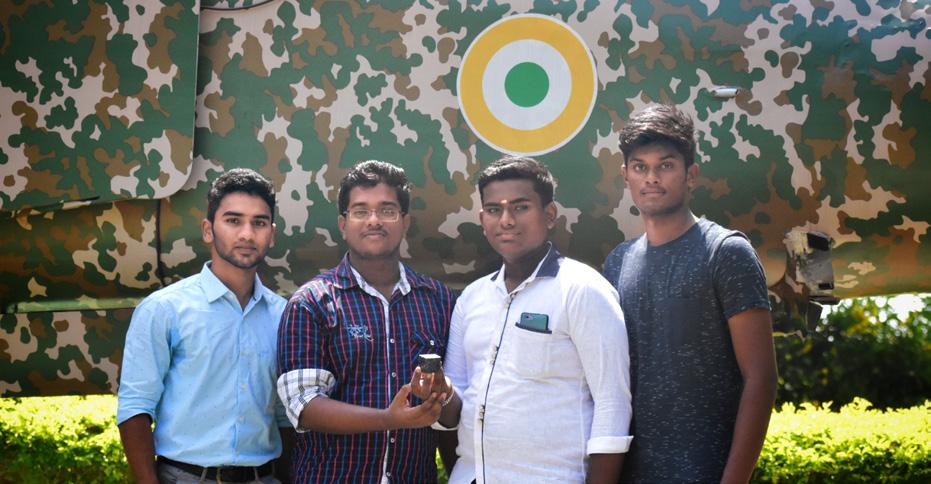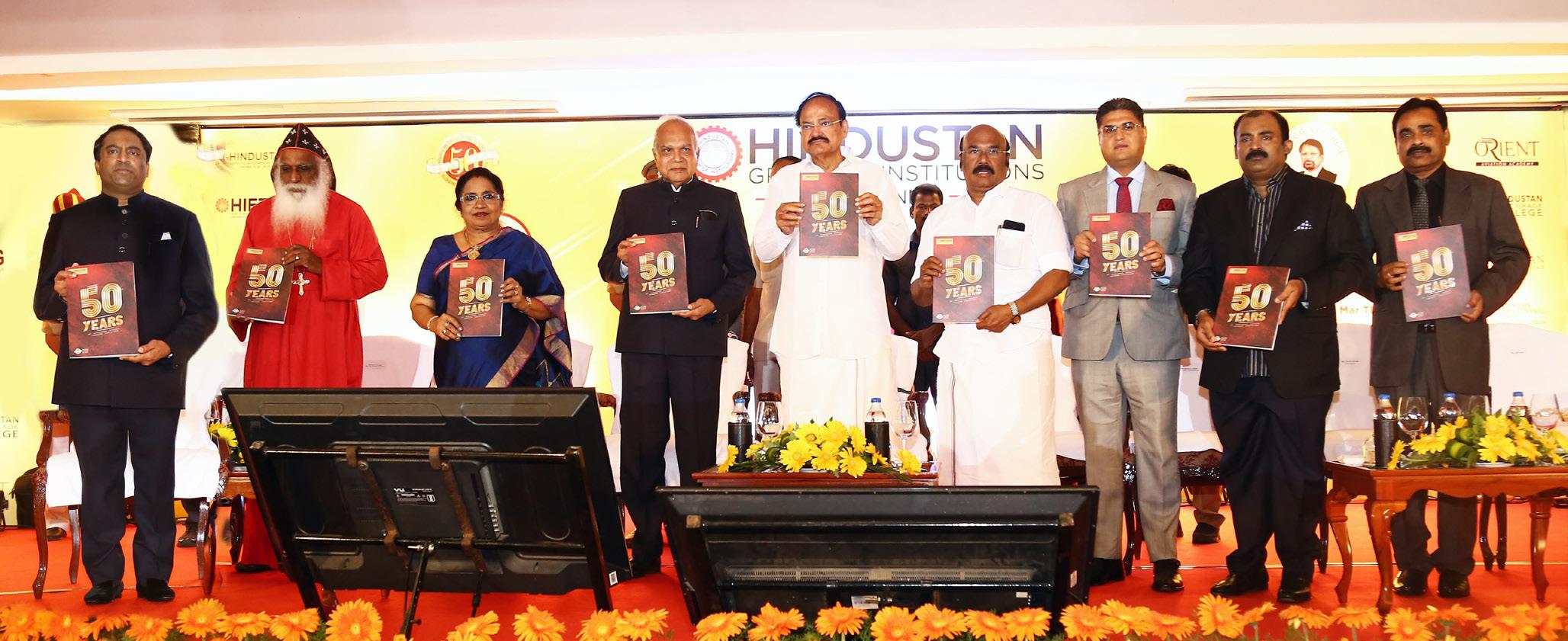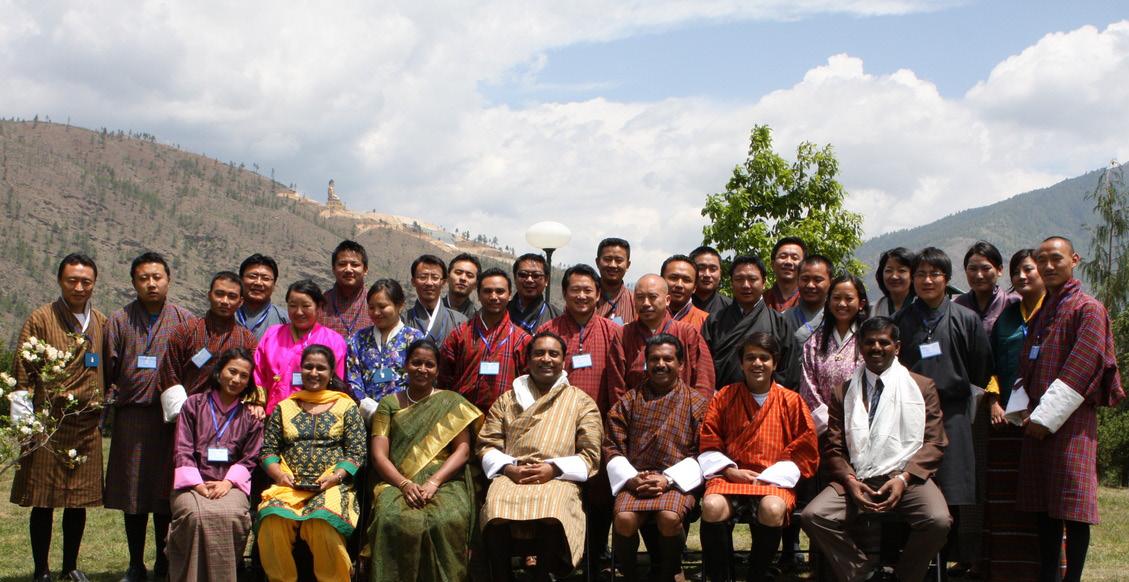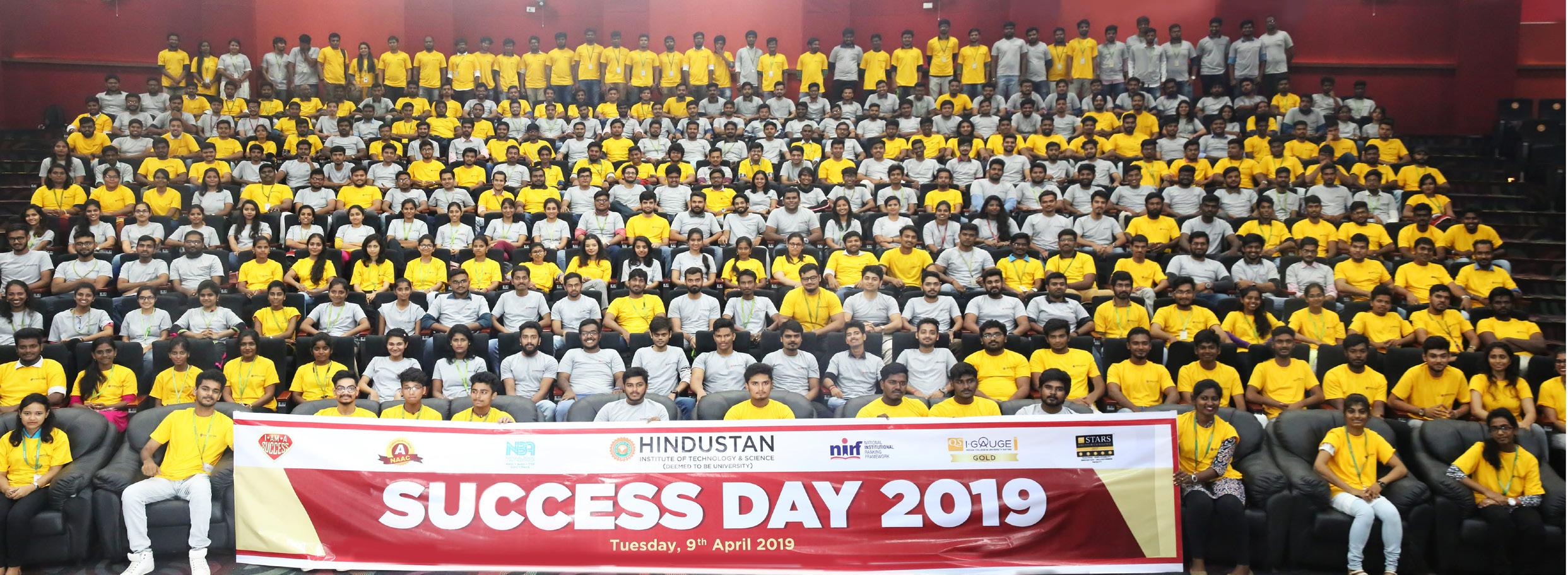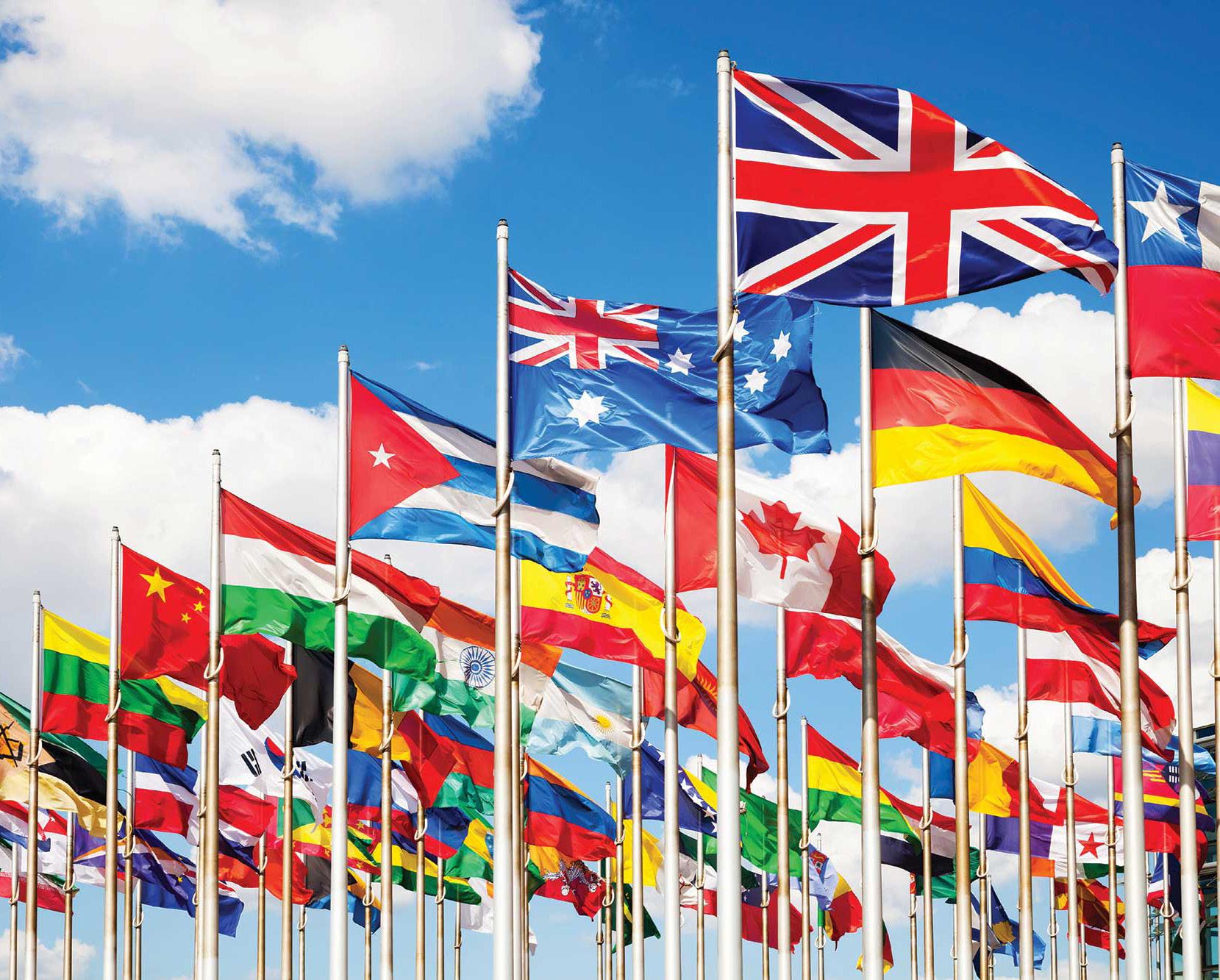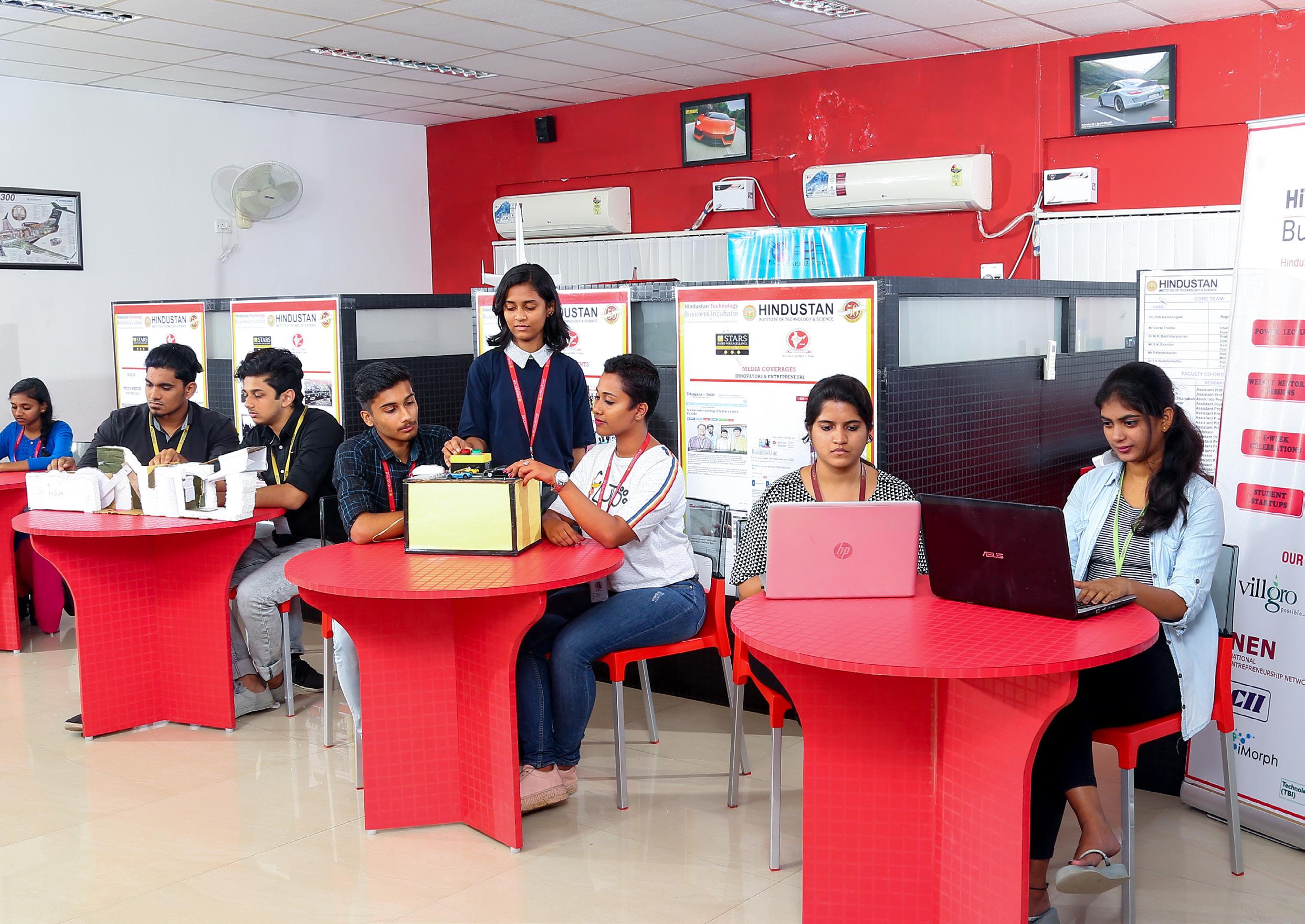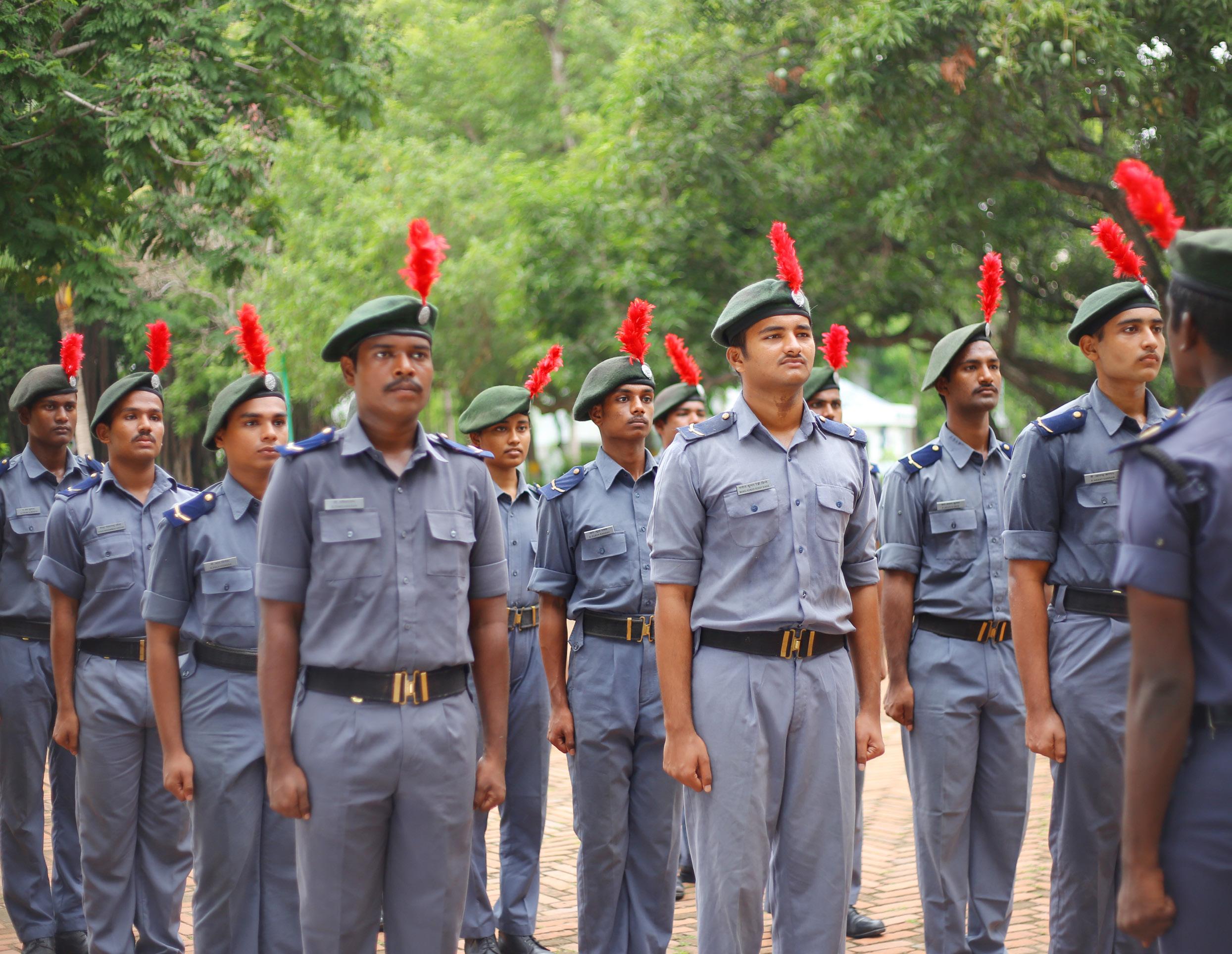
9 minute read
Academics
Academics
Students are provided with an academically rich, and flexible learning system blended with abundant provision for skill practice that he/she could learn in depth, with room for creativity. Below are some of the best practices inculcated at HITS.
Advertisement
Choice Based Credit System (CBCS)
Choice Based Credit system was introduced from 2015 in the curriculum to provide students a balanced approach to their educational endeavour. CBCS is currently applicable to students for all the programmes offered by HITS from 2018–19 onwards. Every student
3. Non–Departmental Electives (NE)
offered by Non–Engineering departments. credit course under NE.
must compulsorily go through the academic regulations for their respective programmes which is available in the Institution Website.
Salient Features:
Enabling interdisciplinary approach to integrate concepts, theories, techniques, and perspectives from two or more disciplines to advance fundamental understanding or to solve problems for which solutions are beyond the scope of single discipline.
Bridging the gap between professional and liberal education which would greatly improve the employability of students.
Promoting students’ mobility – horizontal as well as vertical.
Collaboration with industry and foreign partners to foster innovations that go a long way in capacity building of students.
Under CBCS, the degree programme will consist of the following categories of courses: 1. General Core Foundation courses (CF)
▪ Humanities courses ▪ Basic Sciences (BS) including Physics,
Chemistry and Mathematics ▪ Engineering Sciences (ES), including Basic
Engineering courses such as Material
Science, Basic Workshop, Engineering
Drawing, Engineering Graphics, Digital
2. Compulsory Courses (CC)
Professional Core (PC) courses introducing students to the foundation of Engineering topics related to the chosen programme of study comprising of theory and Practical/ Field Work/Design Project/Project.
Departmental Elective (DE) courses enabling the students to take up a group of courses of their interest in the area of specialization offered by the parent Department/School.
These are courses offered by Engineering and Non-Engineering departments (across disciplines) other than their parent Department. Two groups of Electives are available under NE namely, Engineering Electives offered by Engineering Departments and Open Electives
4. Indexed Journal/Conference Publications
If a student publishes a paper in indexed Journal / Conference as main author, the same can be considered as equivalent to one two systems, etc.
5. Non-CGPA
Courses offered in certain semesters which are compulsory, but are not used for calculation of GPA and CGPA. However, the credits will be mentioned in the grade sheet.
Non CGPA Courses
The student shall select any two courses/activity from the following Table during the entire period of study. The student has to make his/her own efforts for earning the credits. The grades given will be Pass/Fail (P/F). The respective class teachers have to encourage, monitor and record relevant activities of the students, based on the rules issued from time to time by the Institute and submit the End Semester Report to the Head of the Department. The Non CGPA course credits shall be earned by every student compulsorily for the requirements of the award of degree
The credits will not be calculated for CGPA. However, the courses with Grades will be mentioned in the Grade Sheet.
No
1. 2. 3. 4. 5. 6. 7. 8. 9. 10. 11. 12. 13. 14.
Course / Activity
Start Ups Industrial Training Technical Conference, Seminar, Competitions, Professional Societies Management Courses Technical Certification Course Sports NCC NSS YRC Art and Cultural Activities English Proficiency Certification Aptitude Proficiency Certification Foreign Languages Level II and above Publication in Conferences/Seminar
Credits
2 2 2 2 2 2 2 2 2 2 2 2 2 2
Outcome Based Education
As a theory, Outcome Based education (OBE) is a student-centred learning model, making each segment of study revolve around a goal. Outcome based methods are practiced in education systems around the world at multiple outcomes in mind is indeed crucial in OBE. Factors like, what knowledge and skill sets are required, at each levels, to reach the planned outcomes of learning are decided upon while framing the syllabus. Hence, students will understand what is expected of them during the course period, and which level of learning is expected to be acquired; also, teachers will know what they need to teach during the course. By the successful completion of the educational experience, each student should have achieved the determined goal. There is no single specified style of teaching or assessment in OBE—instead,
levels. Designing the curriculum keeping the classes, opportunities, and assessments should all help students achieve the specified outcomes. The role of the faculty adapts into instructor, trainer, facilitator, and mentor based on the outcomes targeted.
Project Based Learning
As a student-aimed pedagogy, Project Based Learning (PBL) nurtures learners' knowledge through exploration of real-time challenges and problems. Students, for a specific period of time, get involved in study by working on a project either as an individual or in groups. On contrary with routine classroom learning, PBL, as a practical method of study emphasizes inquiry-based active learning enabling students to explore, analyze and respond to complex
questions and challenges; and also arrive at near possible solutions. The core idea of this is to kindle students' interest and provoke serious thinking while actively engaging them acquire and apply knowledge. As an instructional framework, PBL allows teachers to facilitate and assess deeper understanding and explore practical rather than traditional methods of teaching. Practiced as curriculum, PBL undoubtedly instils confidence and appreciates individual as well as team learning.
Options for Minor Specialization
Students, who are desirous of pursuing their special interest areas other than the chosen branch of study in Engineering/Technology/ Arts/Fashion/Humanities/Management/Basic Sciences, may opt for additional courses in minor specialization groups offered by a department other than their parental department. Such students shall select the stream of courses offered with prerequisites by the respective departments and earn a minor specialization.
Salient Features:
Number of credits to be earned for minor specialization is 12.
Students are permitted to register for their minor specialization courses from their 5th semester onwards subject to a maximum of 6 credits per semester.
List of such additional courses offered by various departments and the schedule will be announced in the beginning of the academic year to facilitate the registration process.
Students have to pay the requisite fee for such additional courses.
Honours Programme
A new academic programme B.Tech. (Hons.) is introduced in order to facilitate the students to choose the specialized courses of their choice and build their competence in a focused area. List of additional courses offered by various departments and the schedule will be announced in the beginning of the academic year to facilitate the registration process. Faculty Advisor of the registered candidate will suggest the additional courses to be taken by the students based on their choice and level of academic competence.
Salient Features:
B.Tech. students in regular stream can opt for B.Tech. (Hons.), provided they have CGPA of 8.0 up to the end of 4th semester without any history of arrears.
Students opting for this programme have to take four additional courses, from Post Graduate level as well, of their specialization of a minimum of 3 credits each between 5th and 8th semesters with not more than 2 additional courses in a semester.
Students who have obtained “E” or “U” or “RC” or “RA” grade (vide clause 16.0) in any course, including the additional credit courses, during the entire duration of the programme are not eligible for B.Tech. (Hons.) degree.
Students have to pay the requisite fee for such additional courses.
MOOC Credit Equivalence
UGC MOOC, a vertical of SWAYAM, is a government initiated programme to bridge the digital divide of the students who have not yet found themselves a part of the digital revolution and hitherto not been able to participate in the knowledge economy. The objective of this effort is to provide the best learning resources to all as the courses offered are those taught from 9th standard to post graduation including various disciplines. A state of the art pedagogy is being implemented to enrich the learning experience using audio-video and multimedia. Seven national coordinators are appointed to ensure best quality content. They are NPTEL for Engineering, UGC for Postgraduation, CEC for Undergraduation, NCERT, NIOS for Schools, IGNOU for after School students and Management studies. Various courses are being offered under NPTEL across all Engineering, Science and Humanities disciplines for the students to choose in line with their interest.
Schools
School of Aeronautical Sciences
School of Mechanical Sciences
School of Electrical Sciences
School of Computing Sciences
School of Building Sciences
School of Law School of Management School of Science & Humanities School of Allied Health Sciences School of Physical Education
Departments
Department of Aeronautical Engineering
Department of Automobile Engineering Department of Chemical Engineering & Bio-Technology Department of Mechanical Engineering
Department of Electrical and Electronics Engineering Department of Electronics and Communication Engineering
Department of Computer Science & Engineering Department of Information Technology Department of Master of Computer Applications
Department of Architecture Department of Civil Engineering
▪ School of Liberal Arts & Applied ▪ Sciences ▪ ▪ Department of Business Studies Department of Fashion, Design, and Arts Department of Food Technology Department of Visual Communication
Department of Law Department of MBA
Department of Languages Department of Mathematics Department of Physics Department of Chemistry
Department of Applied Health Sciences Department of Sports
Undergraduate
Programme
B.TECH. (4 Years)
Aeronautical Engineering
Aerospace Engineering
Automobile Engineering
Bio Technology
Chemical Engineering
Civil Engineering
Computer Science and Engineering
Electrical and Electronics Engineering Electronics and Communication Engineering Mechanical Engineering Mechatronics Engineering Information Technology
B. ARCH. (5 Years)
Architecture Law
B. DES. (4 Years)
Interior Design Fashion and Apparel Design BBA BCA
Specializations
Maintenance (EASA) Avionics
Autotronics
Motorsport Engineering
Construction Engineering & Management Environmental Engineering and Water Resources Structural Engineering Cloud Computing and Virtualization Cyber Forensics and Security
Energy Engineering Bio-Medical Engineering Design
Cloud Computing and Virtualization
B.B.A. LLB (Hons) & B.A. LLB (Hons) (5 Years), LLB (3 Years)
BBA, BCA, B.Com, B.A, B.Sc & B.Voc. (3 Years)
Cyber Security Aviation Management Logistics Hospital and Healthcare Management International Business Integrated Marketing Communication
Travel and Tourism Management Database Systems Multimedia and Animation
B.A. ▪ Economics ▪ English ▪ Political Science ▪ Psychology ▪ Sociology
B. Sc. ▪ Aircraft Maintenance Engineering ▪ Aviation ▪ Avionics ▪ Anesthesia Technology ▪ Cardiovascular Technology ▪ Perfusion Technology ▪ Analytical Chemistry ▪ Physics ▪ Interior Design ▪ Fashion Design ▪ Catering Science and Hotel Management ▪ Food Technology ▪ Bio Informatics ▪ Information System and Management ▪ Visual Communication ▪ Physical Education, Health Education and
Sports BSW ▪ Bachelor of Social Work B. Voc. ▪ Aircraft Maintenance Engineering ▪ Autotronics ▪ Communication Design ▪ Food Processing Technology ELT and Literature
Diploma CPCD (Centre for Professional and Career Development)
Programme Degree
Cyber Security PG Diploma
Sports Management Cyber Investigation and Laws
Professional Diploma Photography Autotronics in collaboration with Volkswagen
Advanced Diploma
Photography
Postgraduate
Programme M.TECH. (2 Years)
▪ Aeronautical Engineering ▪ ▪ Automobile Engineering ▪ ▪ ▪ Mechanical Engineering ▪ ▪ ▪ ▪ ▪ Civil Engineering ▪ ▪ ▪ Computer Science and Engineering ▪ Information Technology ▪ Electrical and Electronics Engineering ▪ ▪ Electronics and Communication Engineering ▪ ▪
M.ARCH. (3 Years)
Architecture Executive ▪ ▪
M.PLAN, MCA, M.SC, M.A., MLIS. & MBA (2 Years)
M.Plan.
MCA
M.Sc. ▪ Chemistry ▪ Material Science ▪ Integrated Mathematics (5 Years) MBA
M.A. - English Language and Literature Aircraft Maintenance Engineering-NDT Avionics-UAV Aero Composites Internal Combustion Engineering Computer Aided Design Engineering Design Nanotechnology Refrigeration and Air Conditioning Robotics and Control Thermal Engineering Construction Engineering and Management Environmental Engineering Structural Engineering Highway Engineering Data Science and Engineering Cyber Security Power Electronics and Drives Power System Engineering Communication Systems VLSI Design and Embedded Systems
General Housing
Planning Big Data Analytics
MLIS. - Library and Information Science
Cloud Computing Aviation Management Finance Financial Markets Marketing Logistics and Supply Chain ManagementOperations Management Systems Human Resource Family Business and Entrepreneurship Hospitality Management Hospital and Healthcare Management Media and Entertainment Sports Management
